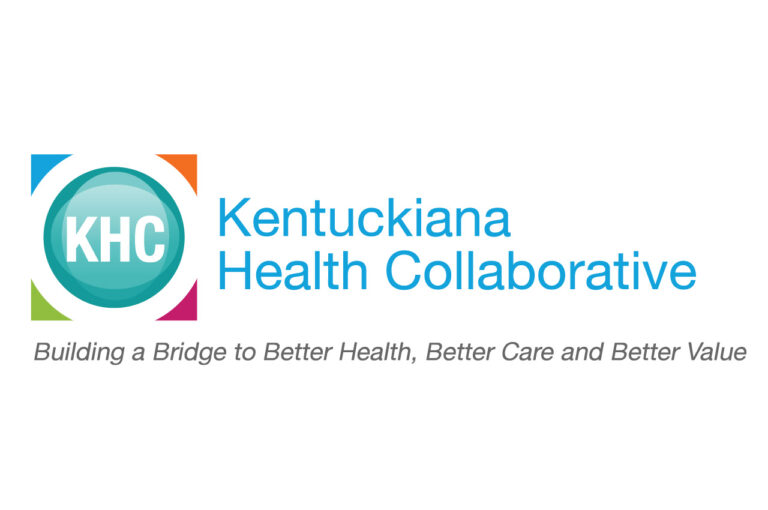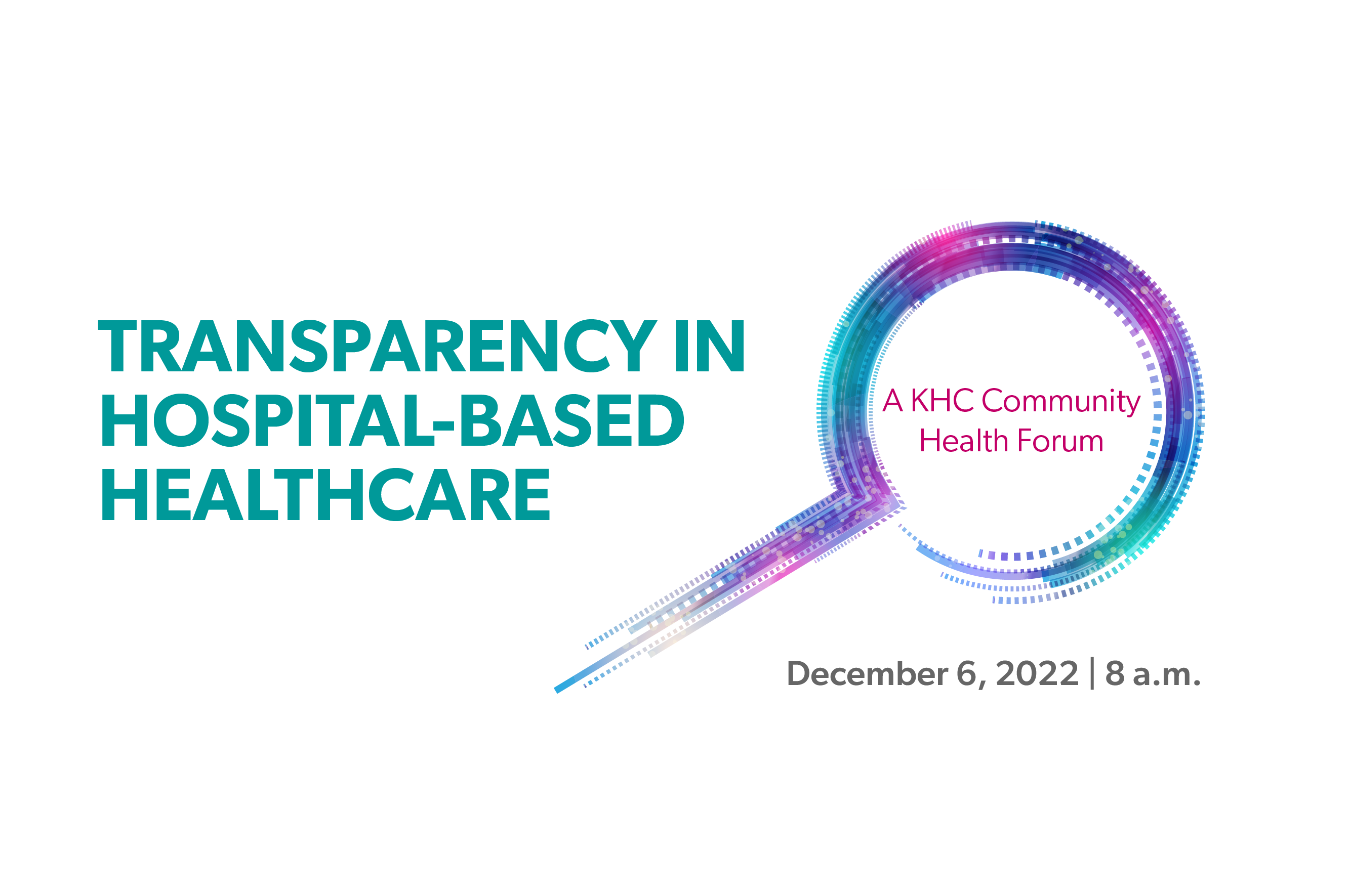The cost of prescription drugs has become a kitchen table topic and has increasingly become part of a larger national policy conversation. Prescription drug spending accounted for 10% of the share of national health spending in 2017 with an increased share of health spending for employers at 21%, Medicare at 30%, and private insurance at a whopping 42%. Consumers are particularly hit hard by increasing drug costs with one in four indicating problems affording their prescription medications, according to a February 2019 KFF Health Tracking Poll.
One of the reasons for these increasing costs are the rapidly increasing number of specialty drugs on the market. Specialty drugs are high cost, high touch drugs that include breakthrough gene and cell therapies for rare and chronic diseases that were previously untreated. With these new cell and gene therapies ranging from $850,000 to $2.1 million, managing the costs of these life-saving and life-altering drugs is critical to healthcare purchasers, payers, and patients. According to a new analysis by Willis Towers Watson’s Rx Collaborative, employers spend 40% of their drug costs on less than 1% of prescriptions.
At the KHC’s upcoming Community Health Forum, experts will discuss how to maximize pharmacy value and outcomes while slowing the growth of the rising costs of drugs. The New Frontier of Pharmaceuticals will be held at the Foundation for a Healthy Kentucky on December 3 from 8 a.m. to 10:30 a.m.; registration is required.
Amy Ball, PharmD, Chief Pharmacy Officer of Health Strategy LLC, will kick off the morning’s forum, discussing the current and future trends of specialty therapies in the United States. Ball will discuss the strategies employers and health plans are using to make sound clinical and economic drug coverage decisions while maximizing the value of their pharmacy benefits. She will also discuss the latest benefit design modifications such as partial fills, step therapy, preferred pharmacy networks, prior authorizations, reference pricing, tiered deductibles, and price transparency used to manage the pharmacy benefit and specialty drugs. She will also discuss direct and outcomes-based drug contracting and how quality-adjusted life years are used in reviewing drug value and formulary selection.
A panel of key stakeholders will discuss how their organizations are moving to value-based pharmacy management. Diana Han, MD, Global Medical Director for GE Appliances, a Haier company, will moderate the session with representatives from Merck, Abbvie, CVS, and Baptist Health, who will describe their respective roles as drug manufacturers, PBMs, and prescribers. In addition to discussing value-based management strategies, the panel will discuss why biosimilars have had a slow adoption along with how each organization is working to optimize patient outcomes.





